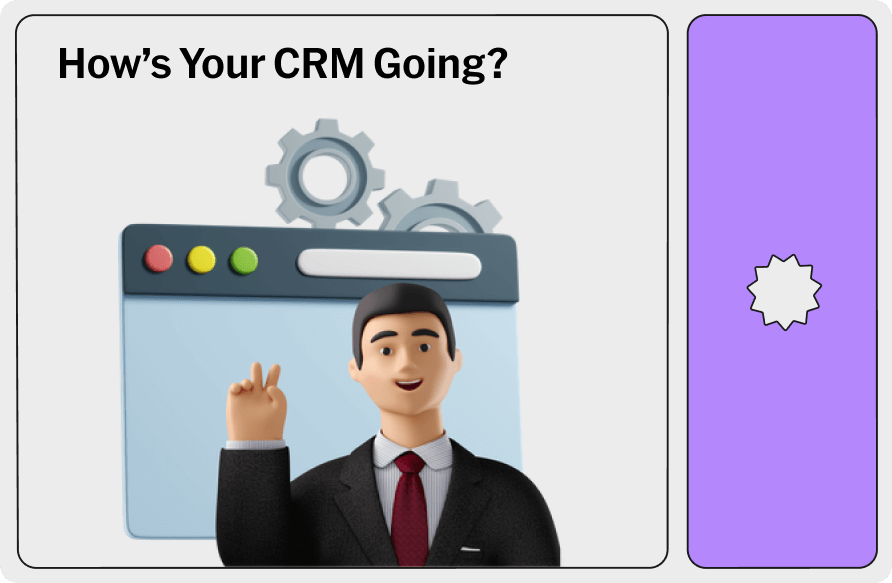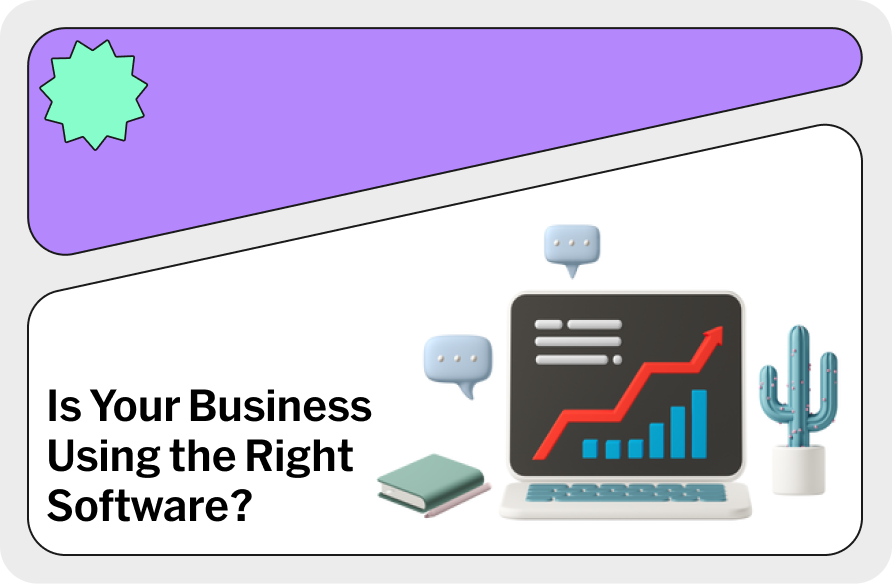The e-commerce environment is continuously changing, and 2024 brings a host of new opportunities and challenges. With numerous platforms available, choosing the right one can be overwhelming. This guide explores the top e-commerce platforms of 2024, highlighting their features, pros, cons, and ideal use cases to help you make an informed decision.
Leading e-commerce platforms
Shopify
- Overview: Shopify remains a top choice for its ease of setup and extensive features. It caters to businesses of all sizes, offering a drag-and-drop interface, numerous themes, and extensive app integrations.
- Pros: User-friendly, scalable, robust app ecosystem.
- Cons: SEO limitations, potential costs with apps.
- Ideal For: Beginners and small to large businesses.
BigCommerce
- Overview: BigCommerce is known for its flexibility and scalability, suitable for multi-channel selling and businesses aiming for growth. It offers strong SEO performance but may face inconsistent loading speeds and higher costs for high-volume stores.
- Pros: Scalable, excellent SEO features.
- Cons: Inconsistent loading speeds, higher costs for large stores.
- Ideal For: Businesses looking for growth and multi-channel selling.
WooCommerce
- Overview: Integrated with WordPress, WooCommerce offers unmatched control and customization with a vast selection of plugins and extensions. It requires a certain level of technical expertise.
- Pros: Highly customizable, extensive plugin options.
- Cons: Requires technical know-how.
- Ideal For: Users embedded in the WordPress ecosystem.
Squarespace
- Overview: Squarespace is praised for its elegant designs and intuitive drag-and-drop interface, making it ideal for creatives and small businesses focused on aesthetics. However, it has limitations in multichannel selling and fewer integrations.
- Pros: Beautiful designs, user-friendly.
- Cons: Limited multichannel selling, fewer integrations.
- Ideal For: Creatives and small businesses.
Weebly
- Overview: Known for its user-friendly approach, Weebly offers a robust free plan and affordable options. It’s best suited for small businesses and startups but may lack advanced features.
- Pros: User-friendly, affordable.
- Cons: Lacks advanced features.
- Ideal For: Small businesses and startups.
PrestaShop
- Overview: An advanced open-source platform, PrestaShop offers a free basic edition requiring only hosting. It provides extensive customization options but requires technical skills.
- Pros: Highly customizable, advanced product management.
- Cons: Requires technical expertise.
- Ideal For: Users with technical skills.
Shift4Shop
- Overview: Shift4Shop offers a free advanced plan for US store owners with a monthly sales volume of over $500. It features easy store setup and a rich feature set but is exclusive to US customers.
- Pros: Free advanced plan, rich feature set.
- Cons: US-exclusive, some outdated design themes.
- Ideal For: US store owners.
Ecwid
- Overview: Ecwid integrates seamlessly with existing websites, providing an easy solution for small businesses to start e-commerce. It supports omnichannel selling and has no transaction fees, but its free plan is limited to ten products.
- Pros: Easy integration, supports omnichannel selling.
- Cons: Limited free plan.
- Ideal For: Small businesses integrating e-commerce into existing sites.
Choosing the right platform
Selecting the right e-commerce platform depends on your business needs, technical expertise, and long-term goals. Consider factors such as ease of use, scalability, design flexibility, and the total cost of ownership when making your decision.
The e-commerce platform you choose can significantly impact the success of your online business. Whether you prioritize design, ease of use, scalability, or specific features, there’s a platform in 2024 that meets your needs. Evaluate your priorities and choose a platform that aligns with your business objectives to pave the way for your online success.



